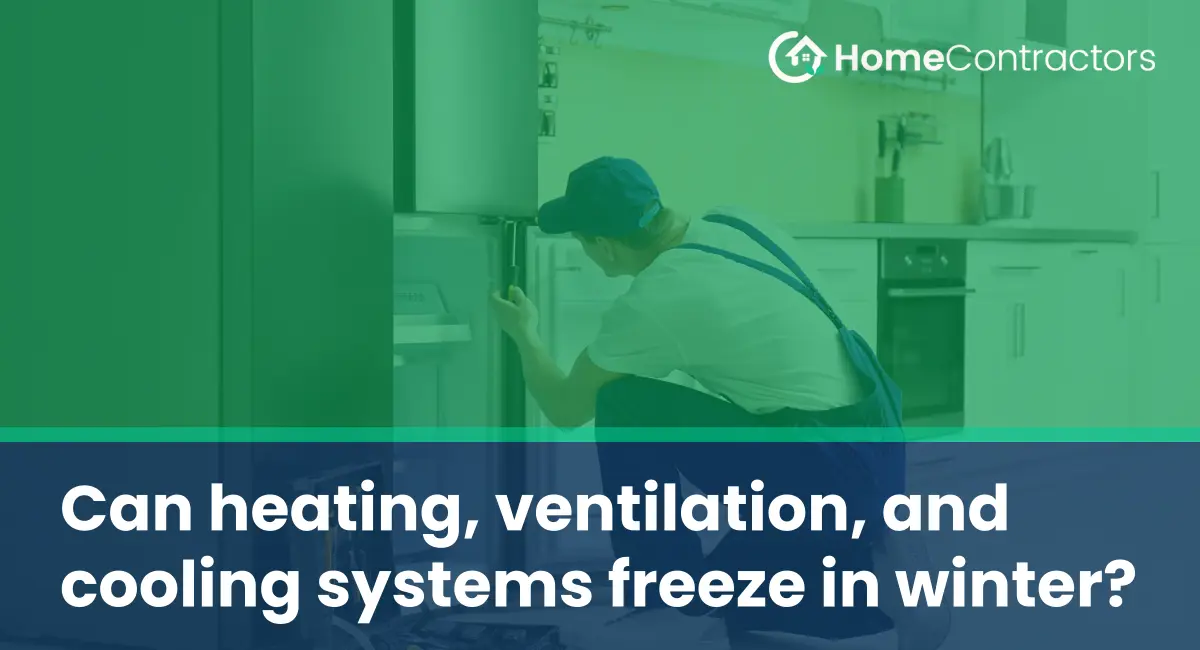While HVAC systems are designed to withstand various climate conditions, including freezing temperatures, there are instances where freezing can occur. However, it is important to note that the freezing is not caused by the outdoor temperature alone. Instead, it usually occurs due to specific factors within the system or inappropriate usage.
Causes of Freezing in HVAC Systems
1. Clogged Air Filters
One common cause of freezing in HVAC systems is clogged air filters. When the air filters are dirty or clogged, the airflow becomes restricted, leading to a decrease in heat exchange. This can cause the temperature within the system to drop, leading to potential freezing of certain components.
2. Refrigerant Leaks
Another cause of freezing is refrigerant leaks. Refrigerants circulate through the HVAC system, absorbing heat from indoor air and releasing it outside. When there is a refrigerant leak, the system’s refrigerant level decreases, affecting the heat exchange process. This can lead to a drop in temperature and potential freezing.
3. Improper System Sizing or Installation
HVAC systems must be sized and installed correctly to ensure optimal performance. If a system is undersized for the space it is meant to heat, it may struggle to keep up with the demand, leading to freezing. Similarly, an incorrectly installed system may have airflow issues, causing temperature imbalances and potential freezing.
Preventing Freezing in HVAC Systems
To prevent HVAC systems from freezing during winter, homeowners can take several proactive measures:
1. Regular Maintenance
Regular maintenance is key to preventing freezing in HVAC systems. This includes changing air filters regularly, scheduling professional tune-ups, and checking for refrigerant leaks. By keeping the system in good working condition, it will be less prone to freezing.
2. Insulation and Sealing
Proper insulation and sealing of ductwork and other components can help prevent heat loss and ensure consistent airflow. This reduces the chances of freezing by maintaining an adequate temperature within the system.
3. Thermostat Settings
Setting the thermostat correctly is crucial. Homeowners should avoid setting the temperature too low, as this can cause the system to work harder, potentially leading to freezing. It is recommended to set the thermostat at a reasonable temperature that ensures comfort without overburdening the HVAC system.
While HVAC systems are designed to withstand cold temperatures, freezing can occur due to various factors. Clogged air filters, refrigerant leaks, and improper system sizing or installation are common causes of freezing. However, homeowners can take preventive measures to minimize the risk of freezing by conducting regular maintenance, insulating and sealing components, and setting thermostats correctly. By implementing these practices, homeowners can ensure their HVAC systems continue to provide comfort and reliability during the winter season.
